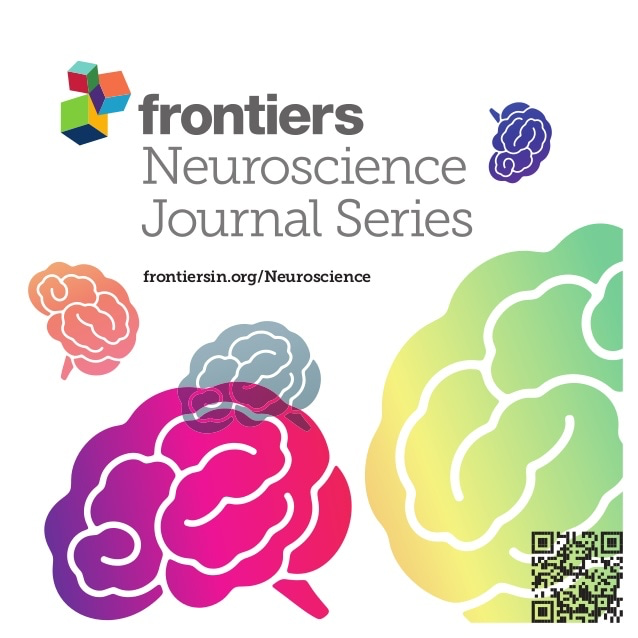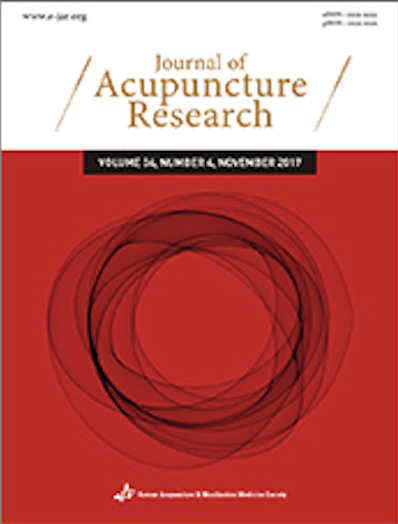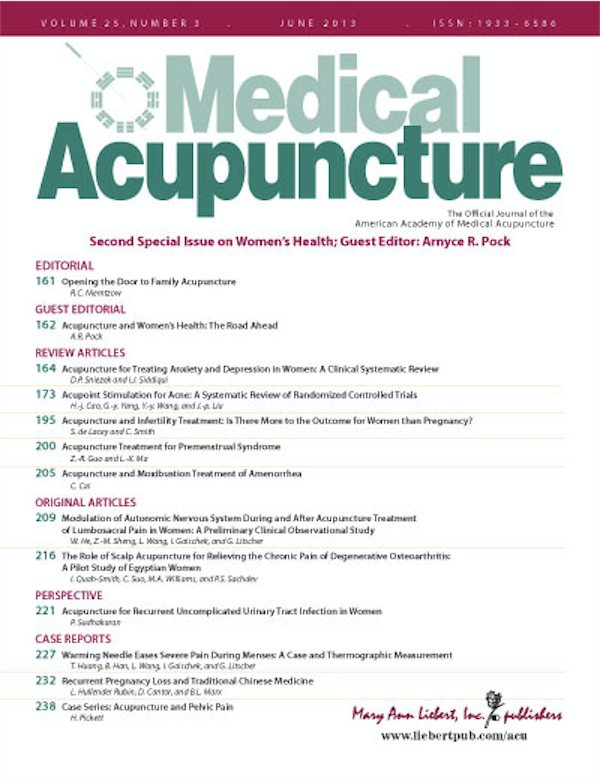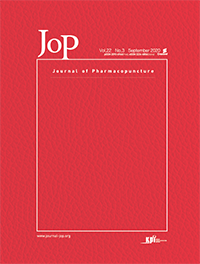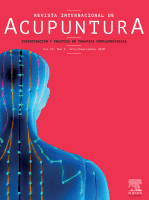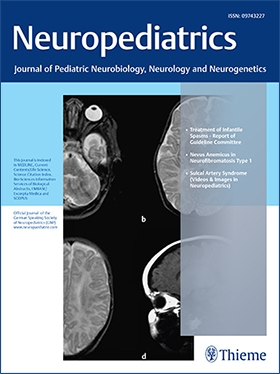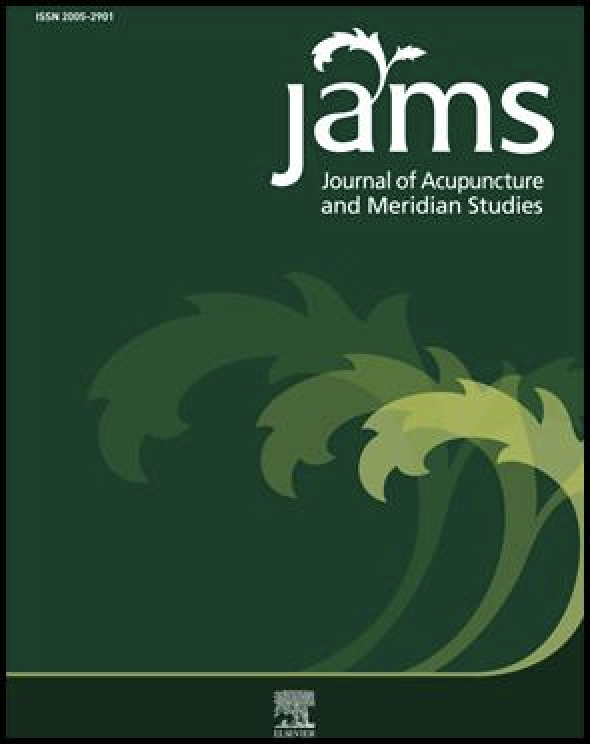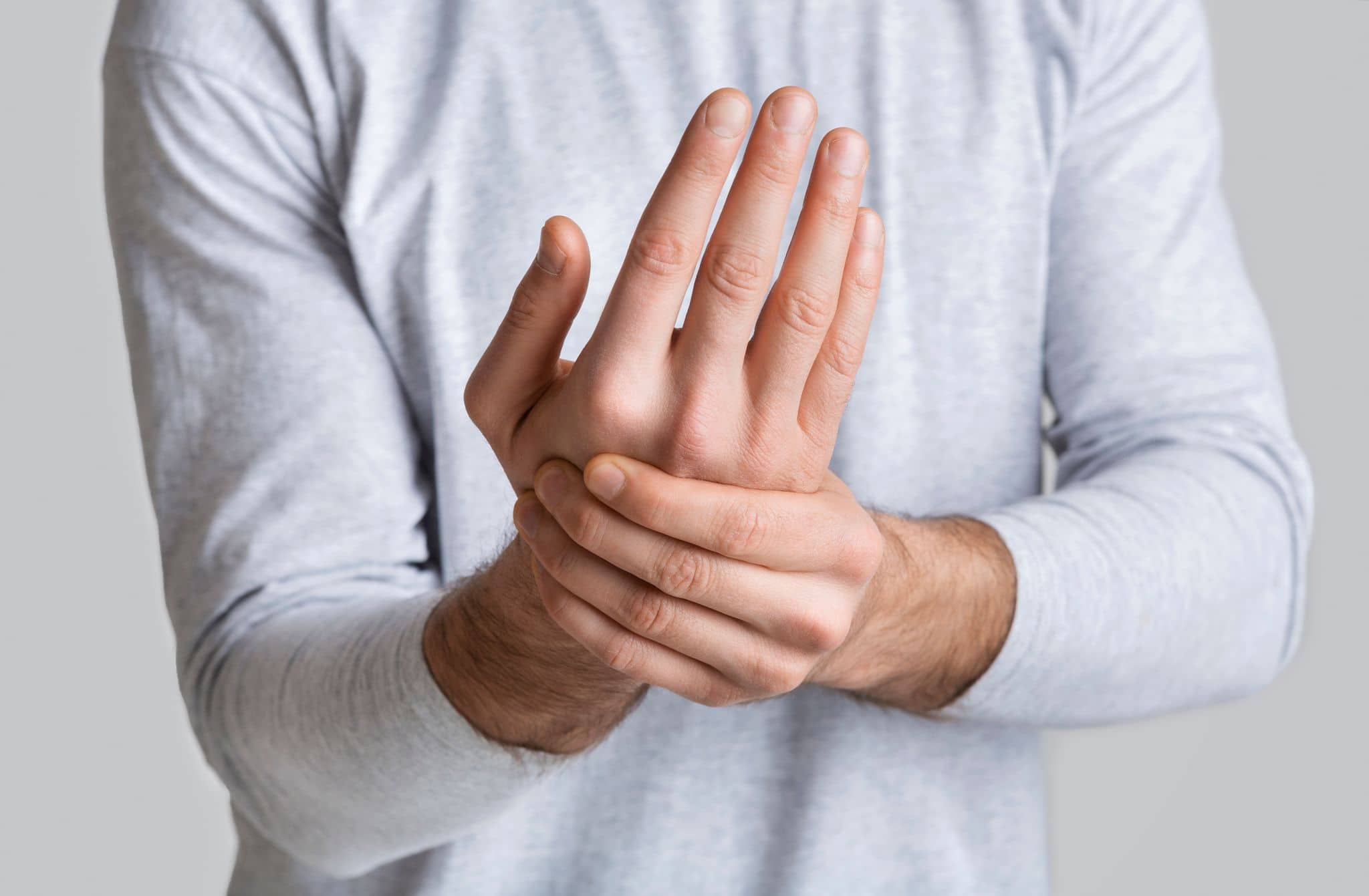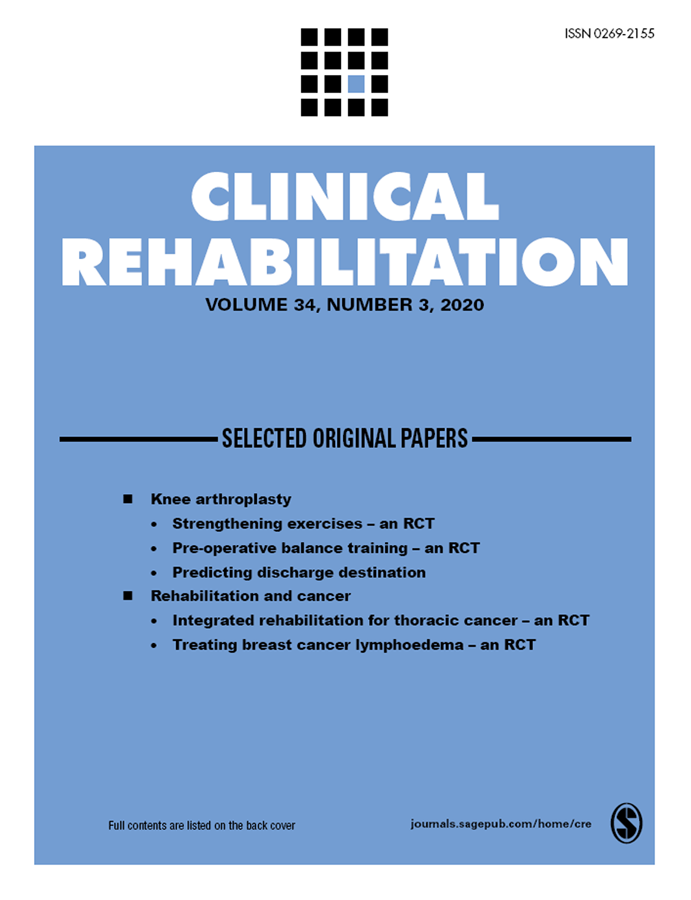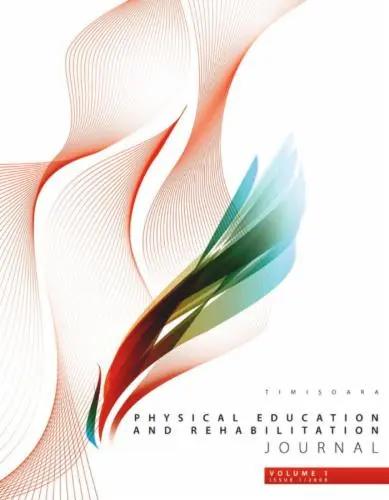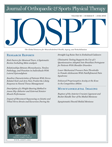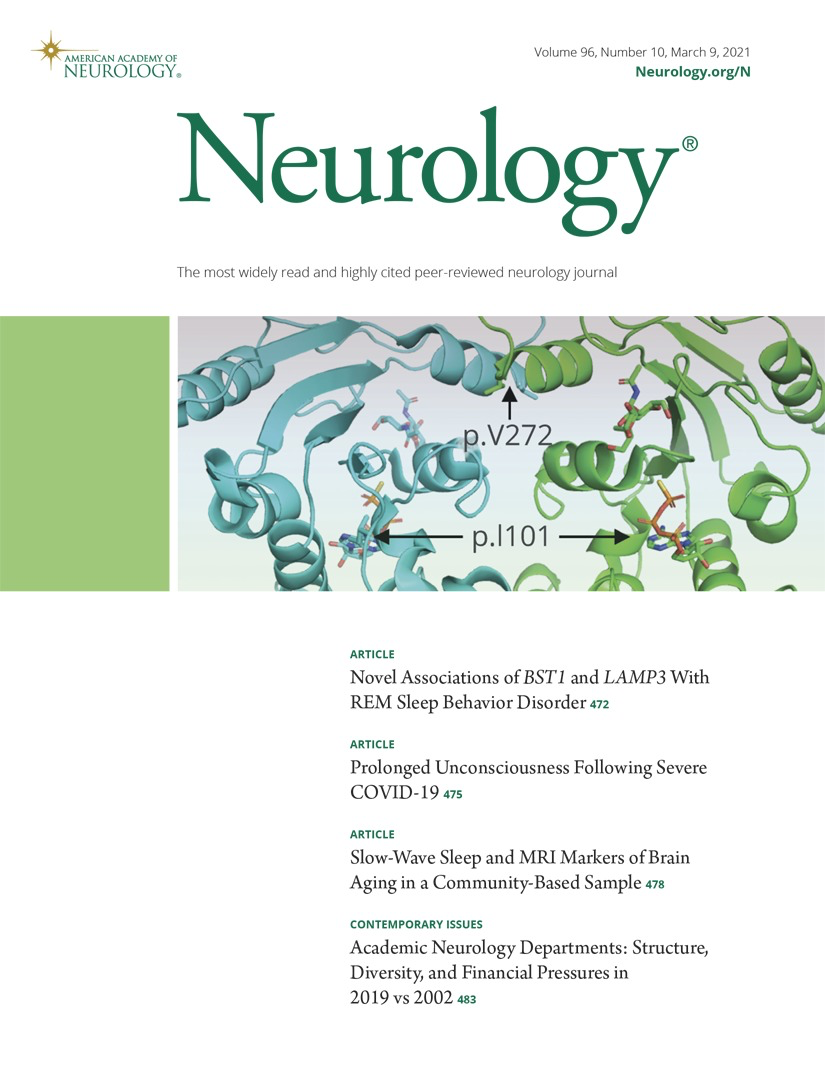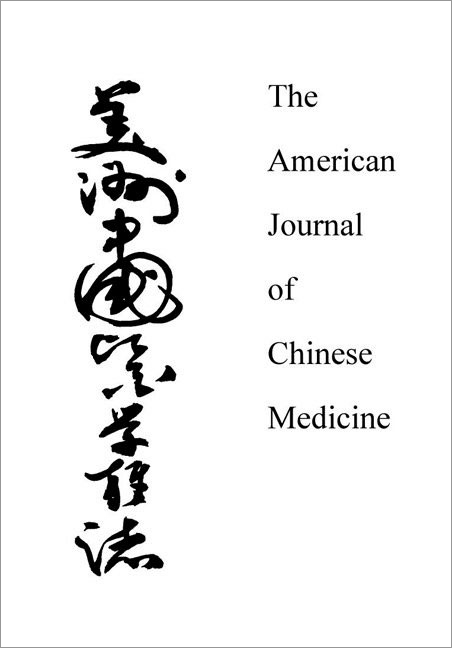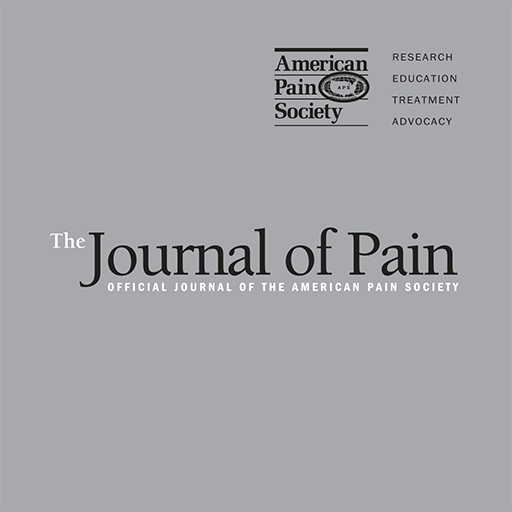Presentation Slides
Chinese Medicine Research Hub
Systematic Review
Acupuncture's effectiveness for carpal tunnel syndrome uncovers better pain relief compared to night splints and potential benefits when used alongside other treatments
2023 Frontiers in Neuroscience Acupuncture for carpal tunnel syndrome: A systematic review and meta-analysis of randomized controlled trials
Dong Q, Li X, Yuan P, Chen G, Li J, Deng J, Wu F, Yang Y, Fu H, Jin R
Chinese Medicine Research Hub
Systematic Review
Electroacupuncture treatment for carpal tunnel syndrome was reported to be effective and showed a significant difference from the control group.
2022 Journal of Acupuncture Research Electroacupuncture for Carpal Tunnel Syndrome: A Review of Randomized Controlled Trials
Park CW, Lim MJ, Lee SW, Yi YH, Song DW, Yu SG, Kim MJ, Oh DY, Choi HJ, Ju AR
Chinese Medicine Research Hub
Systematic Review
Acupuncture may be effective and safe for short-term pain reduction and functional improvement in hand-and-wrist conditions.
2022 Medical Acupuncture The Effect of Acupuncture on Hand and Wrist Pain Intensity, Functional Status, and Quality of Life in Adults: A Systematic Review
Trinh K, Zhou F, Belski N, Deng J, Wong CY
Chinese Medicine Research Hub
Systematic Review
Acupuncture can be used for carpal tunnel syndrome treatment without serious adverse effects.
2021 Journal of Pharmacopuncture Effect of Manual Acupuncture for Mild-to-Moderate Carpal Tunnel Syndrome: A Systematic Review
Huh JH, Jeong HI, Kim KH
Chinese Medicine Research Hub
Systematic Review
Acupuncture and electroacupuncture are a therapeutic option for mild to moderate carpal tunnel syndrome with a medium level of scientific evidence, tending towards a high level, and with a medium level of recommendation.
2020 Neuropediatrics Acupuncture and electroacupuncture in the treatment of carpal tunnel syndrome: Systematic review
Badia M, Santafé MM
Chinese Medicine Research Hub
Systematic Review
For both symptom relief and function improvement, manual acupuncture is superior to ibuprofen for carpal tunnel syndrome.
2019 Clinical Rehabilitation Acupuncture and related interventions for carpal tunnel syndrome: systematic review
Wu IXY, Lam VCK, Ho RST, Cheung WKW, Sit RWS, Chou LW, Zhang Y, Leung TH, Chung VCH
Chinese Medicine Research Hub
Systematic Review
The results of manual, traditional and non-invasive therapies are similar to those of surgical treatments, and even better in a very large number of cases.
2019 Timisoara Physical Education and Rehabilitation Journal Systematic review of treatment methods for the carpal tunnel syndrome
Glazer C, Pantea C
Chinese Medicine Research Hub
Randomised Controlled Trial
Acupuncture therapy can lead to both clinical and morphological improvements in patients with carpal tunnel syndrome.
2017 Evidence-Based Complementary and Alternative Medicine The Acupuncture Effect on Median Nerve Morphology in Patients with Carpal Tunnel Syndrome: An Ultrasonographic Study
Ural FG, Öztürk GT
Chinese Medicine Research Hub
Systematic Review
Acupuncture, specifically needle-based and electroacupuncture, can potentially provide therapeutic benefits for carpal tunnel syndrome, Achilles tendinopathy, and shoulder injuries.
2016 Journal of Orthopaedic & Sports Physical Therapy Effectiveness of Acupuncture Therapies to Manage Musculoskeletal Disorders of the Extremities: A Systematic Review
Cox, J., Varatharajan, S., Côté, P., & Optima Collaboration
Chinese Medicine Research Hub
Randomised Controlled Trial
Short-term acupuncture treatment is more effective than ibuprofen for mild to moderate carpal tunnel syndrome.
2015 Journal of Acupuncture and Meridian Studies Efficacies of Acupuncture and Anti-inflammatory Treatment for Carpal Tunnel Syndrome
Hadianfard M, Bazrafshan E, Momeninejad H, Jahani N.
Chinese Medicine Research Hub
Systematic Review
The majority of trials demonstrate a positive effect of acupuncture over control condition in the treatment of neuropathy.
2015 Neurology Effects of Acupuncture on Neuropathic Pain: A Systematic Review and Meta-analysis
Alexandra Dimitrova, Charles Murchison, Barry Oken
Chinese Medicine Research Hub
Randomised Controlled Trial
Acupuncture and electroacupuncture treatments can alleviate Carpal Tunnel Syndrome symptoms, enhance nerve repair and improve sensory and motor functions.
2014 The American Journal of Chinese Medicine Clinical Effectiveness of Acupuncture for Carpal Tunnel Syndrome
Ho CY, Lin HC, Lee YC, Chou LW, Kuo TW, Chang HW, Chen YS, Lo SF
Chinese Medicine Research Hub
Randomised Controlled Trial
Short-term acupuncture treatment may provide long-term relief in mild-to-moderate idiopathic carpal tunnel syndrome patients.
2011 The Journal of Pain A Randomized Clinical Trial of Acupuncture Versus Oral Steroids for Carpal Tunnel Syndrome: A Long-Term Follow-Up
Yang CP, Wang NH, Li TC, Hsieh CL, Chang HH, Hwang KL, Ko WS, Chang MH
Chinese Medicine Research Hub
Systematic Review
A meta-analysis of acupuncture versus steroid block therapy favored acupuncture in terms of responder rate.
2010 The Journal of Pain Acupuncture for Carpal Tunnel Syndrome: A Systematic Review of Randomized Controlled Trials
Lee, H., Shim, H., Shin, B., Jung, A., Lee, M., & Ernst, E.
Executive Summary
Write an executive summary in the form of a blog article on the topic of "Research into Chinese medicine treatment for Carpal Tunnel Syndrome" summarising the research below and using language that can be easily understood by patients and avoiding medical jargon using a professional and caring tone of voice.
Write an executive summary in the form of a blog article on the topic of "Researched Chinese medicine treatments for Carpal Tunnel Syndrome" summarising the research below in an objective and easy to understand way, and using language that can be easily understood by patients. Group the article into Chinese medicine treatments first, followed by nutrition and other treatments. Avoid using medical jargon and use a professional and caring tone of voice.
Write me a concise but easy to understand executive summary on the topic of "Chinese medicine treatments for Carpal Tunnel Syndrome" based on the following research that I will give you. Your summary should be 2 paragraphs long in Australian English spelling and include references to the studies.
A Systematic Review published in 2023 in the journal Frontiers in Neuroscience found that Acupuncture's effectiveness for carpal tunnel syndrome uncovers better pain relief compared to night splints and potential benefits when used alongside other treatments Acupuncture was found to be more effective than night splints for pain relief, but no differences were observed in symptom severity and functional status. When used alongside other treatments, acupuncture showed potential in improving various CTS factors. However, the evidence quality was generally low or very low.
A Systematic Review published in 2022 in the journal Journal of Acupuncture Research found that Electroacupuncture treatment for carpal tunnel syndrome was reported to be effective and showed a significant difference from the control group. Although electroacupuncture treatment for carpal tunnel syndrome was reported to be effective and showed a significant difference from the control group, in some evaluation items no significant differences were observed. The quality and the number of studies included in this review was limiting, therefore an accurate evaluation of the efficacy of electroacupuncture treatment for CTS was not possible.
A Systematic Review published in 2022 in the journal Medical Acupuncture found that Acupuncture may be effective and safe for short-term pain reduction and functional improvement in hand-and-wrist conditions. In the 10 included RCTs (622 participants), 6 had a low risk of bias. For cryotherapy-induced pain, 1 trial showed significant pain reduction post treatment. For rheumatoid arthritis, 1 trial shown significant pain reduction and function improvements post treatment and short-term. For carpal tunnel syndrome, 1 trial showed significant pain reduction and functional improvements intermediate-term, while 3 trials suggested no significant difference. For tenosynovitis, 1 trial showed significant pain reduction and function improvements short-term. For poststroke impairments, 1 trial showed significant function improvements post treatment and at short-term, while another trial suggested no significant difference. No significant improvements were noted for trapezio-metacarpal joint osteoarthritis. In 2 trials, adverse effects occurred in patients with carpal tunnel syndrome; yet acupuncture appeared to be relatively safe.
A Systematic Review published in 2021 in the journal Journal of Pharmacopuncture found that Acupuncture can be used for carpal tunnel syndrome treatment without serious adverse effects. In the selected papers, several measurement tools measured the post-treatment improvement of patients and, in most cases, a comparison of the acupuncture and control groups showed that acupuncture treatment was significantly more effective than the comparator intervention. Thus, acupuncture treatment was positively evaluated with regard to efficacy for mild-to-moderate carpal tunnel syndrome.
A Systematic Review published in 2020 in the journal Neuropediatrics found that Acupuncture and electroacupuncture are a therapeutic option for mild to moderate carpal tunnel syndrome with a medium level of scientific evidence, tending towards a high level, and with a medium level of recommendation. The search retrieved 698 articles in total. After applying the inclusion and exclusion criteria, 21 articles were included. The level of evidence of all the articles was medium-high. The level of recommendation was medium, and the risk of bias was neutral, with a tendency towards low bias. The articles included revealed symptomatic and neurophysiological improvements, both peripheral as well as central, due to the cerebral response that occurs associated with the function of the median nerve.
A Systematic Review published in 2019 in the journal Clinical Rehabilitation found that For both symptom relief and function improvement, manual acupuncture is superior to ibuprofen for carpal tunnel syndrome. Result of this systematic review has shown that acupuncture and related therapies appear to be effective in improving symptoms, function and pain in carpal tunnel syndrome.
However, validity of such conclusion is limited as majority of the included trials are at high risk of bias from lack of blinding.
Associated adverse events were minimal.
A Systematic Review published in 2019 in the journal Timisoara Physical Education and Rehabilitation Journal found that The results of manual, traditional and non-invasive therapies are similar to those of surgical treatments, and even better in a very large number of cases. In the current context of medicine and therapy, statistics indicate a tendency to approach the carpal tunnel syndrome by surgical treatment, to the detriment of approaching the pathology through a non-invasive technique. The relevant specialized articles selected for this study, and published in the past 10 years, prove that alternative medicine, physical therapy, electrotherapy, and the natural evolution of untreated patients or of patients exposed to the placebo effect, may significantly improve the symptoms of the carpal tunnel syndrome.
A Randomised Controlled Trial published in 2017 in the journal Evidence-Based Complementary and Alternative Medicine found that Acupuncture therapy can lead to both clinical and morphological improvements in patients with carpal tunnel syndrome. In this study, 27 female patients suffering from carpal tunnel syndrome were divided into two groups: one that used only a night wrist splint and another that received additional acupuncture therapy. The measurements were taken from 45 limbs and included a visual analogue scale, the Duruöz Hand Index, and the Quick Disabilities of the Arm, Shoulder and Hand questionnaire scores. In addition, electrophysiological measurements and observation of the median nerve's cross-sectional area were taken before and after the treatment.
Following the treatment, improvements were observed in both groups according to the visual analogue scale, the Duruöz Hand Index and Quick Disabilities of the Arm, Shoulder and Hand questionnaire scores, and the electrophysiological measurements. However, a significant decrease was noted solely in the cross-sectional area of the median nerve in the acupuncture group, while the control group that only used the wrist splint showed no changes. Thus, it was concluded that acupuncture therapy provided both clinical and morphological benefits to patients with carpal tunnel syndrome.
A Systematic Review published in 2016 in the journal Journal of Orthopaedic & Sports Physical Therapy found that Acupuncture, specifically needle-based and electroacupuncture, can potentially provide therapeutic benefits for carpal tunnel syndrome, Achilles tendinopathy, and shoulder injuries. Methodology: The researchers executed a systematic review on multiple databases such as MEDLINE, Embase, CINAHL, PsycINFO, and Cochrane Central Register of Controlled Trials covering a period from 1990 to 2015. Their search was focused on identifying responsive randomized controlled trials, cohort studies, and case-control studies which focused on the effectiveness and safety of acupuncture therapies for musculoskeletal disorders. The Scottish Intercollegiate Guidelines Network criteria was used to evaluate the eligible studies. Furthermore, best-evidence synthesis was performed to sum up results from studies with low bias risk. A sensitivity analysis was also performed to comprehend the potential impact of excluding studies with high bias risk.
Results: The comprehensive review identified 5180 articles, from which 15 were selected for final analysis (10 had a low risk of bias and 5 with a high risk of bias). Among other findings, the results showed that traditional needle acupuncture may outperform oral steroids and vitamin B1/B6 supplements for carpal tunnel syndrome and exercises for Achilles tendinopathy. Moreover, electroacupuncture might be superior than placebo for shoulder injuries. The extent of benefits offered by dry needling for plantar fasciitis remained equivocal. Traditional needle acupuncture didn't show significant advantage over placebo for upper extremity pain, or no intervention for patellofemoral pain, and findings for shoulder pain were inconclusive.
A Randomised Controlled Trial published in 2015 in the journal Journal of Acupuncture and Meridian Studies found that Short-term acupuncture treatment is more effective than ibuprofen for mild to moderate carpal tunnel syndrome. In our study, none of the patients treated with acupuncture developed complications, whereas five patients treated with ibuprofen had gastrointestinal side effects (we then used omeprazole); however, none of them withdrew from the study due to the adverse effects. Therefore, acupuncture is superior in safety as well.
The limitations of this study include the low number of treatment sessions in the group treated with acupuncture. If the number of treatment sessions were added, better therapeutic results may have been obtained.
Overall, it seems that acupuncture is a relatively uncomplicated and safe treatment option for patients with mild to moderate CTS and can improve symptoms and electrodiagnostic parameters.
A Systematic Review published in 2015 in the journal Neurology found that The majority of trials demonstrate a positive effect of acupuncture over control condition in the treatment of neuropathy. The majority of RCTs reviewed showed clear benefit for acupuncture over control in the treatment of diabetic neuropathy, Bell’s palsy and carpal tunnel syndrome. Acupuncture is probably effective in the treatment of HIV-related neuropathy and there is insufficient evidence for its benefits in idiopathic neuropathy. Meta-analyses of all diabetic neuropathy and bell’s palsy data using a summary estimate random effects model showed combined Odds Ratio (OR) of 4.23, p<0.001 favoring acupuncture over control for pain outcomes. The majority of trials demonstrate a positive effect of acupuncture over control condition in the treatment of neuropathy. Further more rigorously designed studies are needed to better characterize this effect.
A Randomised Controlled Trial published in 2014 in the journal The American Journal of Chinese Medicine found that Acupuncture and electroacupuncture treatments can alleviate Carpal Tunnel Syndrome symptoms, enhance nerve repair and improve sensory and motor functions. The conducted research involved treating 26 confirmed Carpal Tunnel Syndrome patients using acupuncture and electroacupuncture. These patients were divided into two treatment groups based on a neurophysiological grading scale. Fifteen patients were treated with acupuncture and eleven with electroacupuncture, which was administered on both upper limbs at acupoints PC-7 (Daling) and PC-6 (Neiguan) along the pericardial meridian. Each patient underwent a total of 24 treatment sessions lasting 15 minutes each, spread over a period of six weeks.
Evaluation of the results saw improvements in symptom severity after the electroacupuncture treatments. This was based on the short clinical questionnaire by Lo and Chiang, an evaluation method used to gauge symptom severity. Post acupuncture treatment, the patients reported a significant increase in grip strength, particularly on the side more affected by Carpal Tunnel Syndrome. The electrophysiology evaluation also saw a significant improvement in the motor amplitude of the palm-wrist segment. There was also a notable decrease in Tinel's sign on the side more affected by symptoms. This points to both acupuncture and electroacupuncture having clear therapeutic benefits for Carpal Tunnel Syndrome patients.
A Randomised Controlled Trial published in 2011 in the journal The Journal of Pain found that Short-term acupuncture treatment may provide long-term relief in mild-to-moderate idiopathic carpal tunnel syndrome patients. The methodology of this study involved a prospective follow-up of 77 patients with electrophysiologically confirmed mild-to-moderate idiopathic carpal tunnel syndrome (CTS) over a period of 1 year. These patients were divided random into two treatment groups: one recieved 2 weeks of prednisolone 20 mg daily followed by 2 weeks of prednisolone 10 mg daily, and the other received 8 sessions of acupuncture over 4 weeks. The long-term effects of these two treatment methods were then compared using Global symptom score (GSS) assessments and nerve conduction studies which were repeated at 7 and 13 months of the study.
The results showed that at 7 and 13 months, the percentages of patients with treatment failure, moderate improvement, and good improvement were significantly different between the two groups. The acupuncture group, in comparison to the prednisolone group, had a significantly higher number of patients showing good improvement throughout the 1-year follow-up period. The acupuncture treatment group also showed significantly better improvement in GSS, distal motor latencies, and distal sensory latencies. Significant correlation was observed between changes of GSS and all parameters of the electrophysiological assessments except for compound muscle action potential amplitude.
A Systematic Review published in 2010 in the journal The Journal of Pain found that A meta-analysis of acupuncture versus steroid block therapy favored acupuncture in terms of responder rate. Our systematic review and meta-analysis demonstrate that the evidence for acupuncture as a symptomatic therapy of carpal tunnel syndrome is encouraging but not convincing. The total number of included RCTs and their methodological quality were low. Further rigorous studies are required to establish whether acupuncture has therapeutic value for this indication.
